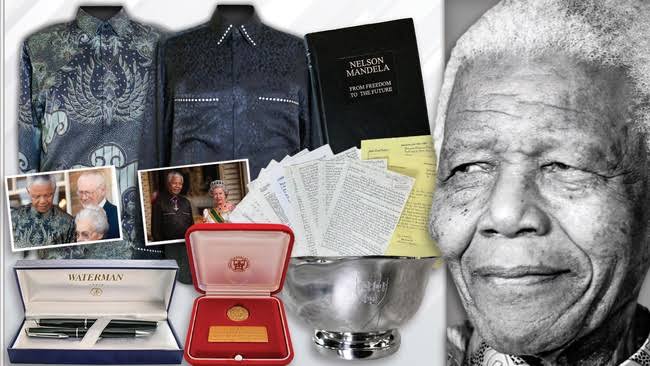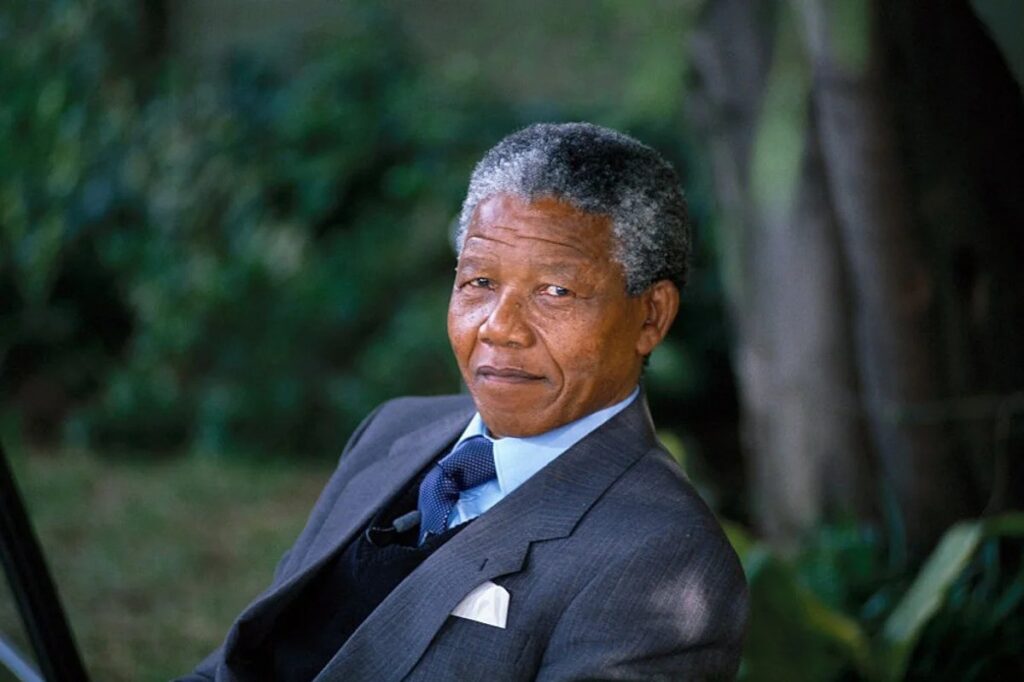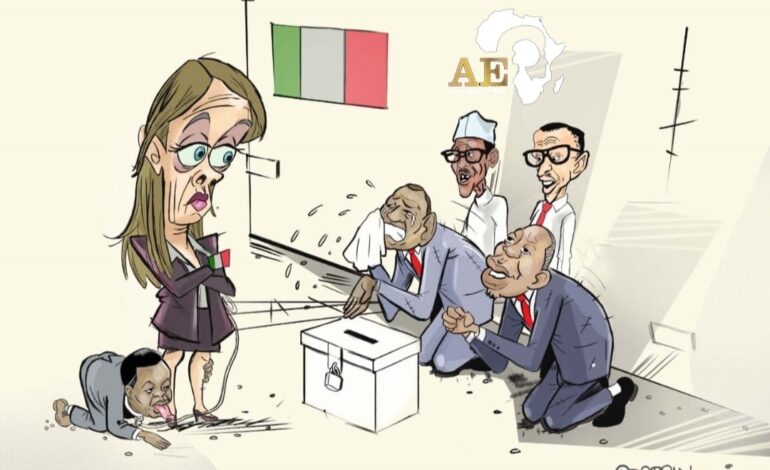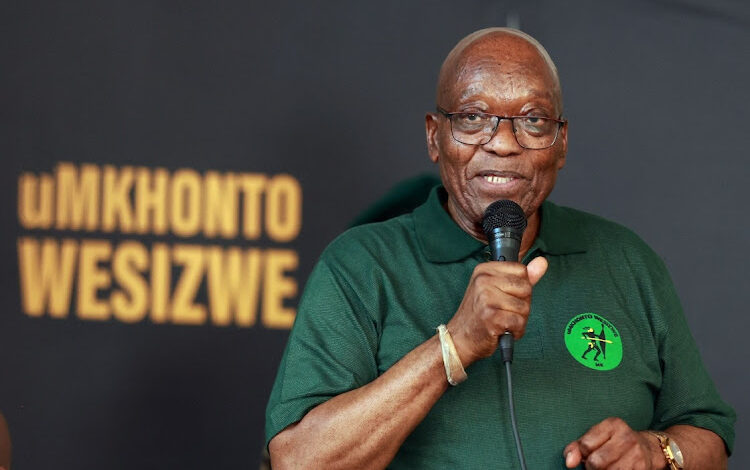
Faith Nyasuguta
Guernsey’s auction house in New York found itself at the center of controversy as it abruptly halted the auction titled “Mandela, The Auction SUSPENDED.”
The auction, which was set to include approximately 70 personal items belonging to Nelson Mandela, the iconic anti-apartheid hero, was halted without providing a clear explanation.
The decision came in response to a significant public outcry in South Africa, where Mandela’s legacy holds immense cultural and historical significance.
Makaziwe Mandela, the eldest daughter of Nelson Mandela, had spearheaded the initiative to auction items ranging from his hearing aids to walking sticks and reading glasses on February 22.
The intention behind the auction was to utilize the proceeds for the creation of a memorial garden near Nelson Mandela’s burial site. However, the South African Heritage Resources Agency (Sahra) contested Makaziwe Mandela’s decision in court, aiming to prevent the auction.
Despite Sahra’s efforts, the court ruled in favor of Makaziwe Mandela, allowing the auction to proceed. Sahra has expressed its intention to appeal this ruling.
The abrupt suspension of the auction by Guernsey’s came amid heightened emotions and a broader societal debate about the appropriate handling of Nelson Mandela’s personal effects. South Africa’s Arts and Culture Minister, Zizi Kodwa, emphasized the necessity of preventing the sale, stating that Mandela “is integral to South Africa’s heritage.”
He stressed the importance of preserving Mandela’s legacy within the country, ensuring that artifacts connected to his life’s work remain in South Africa for future generations to appreciate.

Mandela’s grandson, Ndaba, also voiced his opposition to the auction, aligning himself with those who believed that Mandela’s personal items should not be sold to the highest bidder.
The sentiment resonated with many who view Nelson Mandela not only as a political icon but as a symbol of the nation’s struggle against apartheid and the subsequent journey towards reconciliation.
Nelson Mandela, who spent nearly 30 years in prison for his unwavering fight against white-minority rule, passed away in 2013 at the age of 95.
His remarkable journey from prisoner to president marked a pivotal moment in South Africa’s history, symbolizing the triumph of justice, equality, and the end of institutionalized racism.
The proposed auction of his personal items brought forth a complex intersection of cultural heritage, ethical considerations, and the economic motivations behind such auctions.
RELATED:




